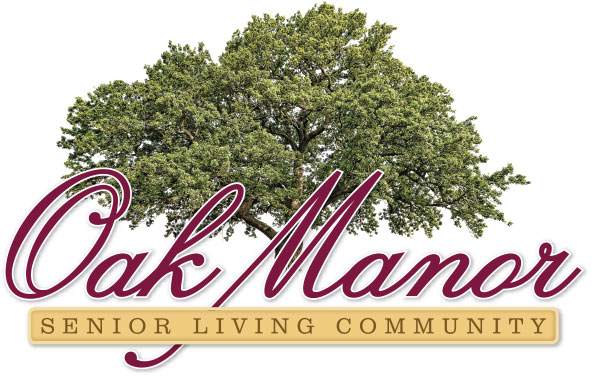Managing diabetes can be challenging for anyone, regardless of age, but it can be particularly difficult for seniors due to the natural changes that occur in the body as we age. As the body progresses through the years, its efficiency at processing glucose diminishes, presenting seniors with the added struggle of controlling their blood sugar levels.
Moreover, seniors may face the additional hurdle of contending with other health conditions or taking medications that can further complicate the already intricate task of diabetes management. However, it is essential to note that with the right strategies and support in place, seniors can effectively navigate the obstacles associated with diabetes and go on to lead a healthy, fulfilling life despite the inherent challenges. In this enlightening blog post, we will delve into a comprehensive exploration of various tips, techniques, and invaluable advice aimed at empowering seniors to effectively manage their diabetes and enjoy the benefits of a well-managed condition.
Understanding Diabetes in Seniors
The impact of aging on diabetes management
- Decreased insulin production and sensitivity
- Changes in metabolism and body composition
- Increased risk of complications
Common challenges faced by seniors with diabetes
- Multiple chronic conditions
- Polypharmacy and medication interactions
- Cognitive decline and memory issues
Creating a Diabetes Management Plan
Working with healthcare professionals
- Regular check-ups and screenings
- Collaborating with doctors and specialists
- Understanding medication and insulin regimens
Developing a healthy eating plan
- Balancing carbohydrates, proteins, and fats
- Portion control and mindful eating
- Incorporating nutrient-dense foods
Staying physically active
- Tailoring exercise routines to individual abilities
- Engaging in low-impact activities
- Incorporating strength training and flexibility exercises
Monitoring Blood Sugar Levels
Importance of regular monitoring
- Understanding target blood sugar ranges
- Recognizing symptoms of high and low blood sugar
- Utilizing continuous glucose monitoring devices
Self-monitoring techniques
- Blood glucose meters and test strips
- Tracking blood sugar levels and patterns
- Keeping a diabetes logbook
Managing Medications and Insulin
Adhering to medication schedules
- Organizing medications and reminders
- Understanding potential side effects
- Communicating with healthcare providers about concerns
Insulin administration and management
- Different types of insulin and their uses
- Proper injection techniques
- Adjusting insulin doses as needed
Coping with Diabetes-related Complications
Preventing and managing hypoglycemia
- Recognizing symptoms and taking immediate action
- Carrying glucose tablets or snacks
- Communicating with loved ones and caregivers
Addressing diabetes-related foot problems
- Regular foot inspections
- Proper foot care and hygiene
- Seeking prompt medical attention for any issues
Emotional Well-being and Support
Dealing with the emotional impact of diabetes
- Seeking support from loved ones and support groups
- Managing stress and anxiety
- Practicing self-care and relaxation techniques
Engaging in diabetes education programs
- Attending workshops and classes
- Learning about new research and treatment options
- Connecting with other individuals living with diabetes
Conclusion
Managing diabetes for seniors in assisted living in Largo, FL, requires a comprehensive approach that addresses the unique challenges faced by this population. By working closely with healthcare professionals, developing a personalized management plan, monitoring blood sugar levels, managing medications and insulin, addressing complications, and prioritizing emotional well-being, seniors in assisted living in Largo, FL, can effectively manage their diabetes and lead a healthy, fulfilling life.

